FREQUENTLY ASKED QUESTIONS
It took us a long time to figure out these issues. That's because most of the publicly available information tell you only part of the story.
DC law is supposed to provide strong protections to tenants. However, some tenant rights are On Paper Only (OPO) because some large landlords have found ways to get around the law.
We try our best to provide you direct you to reliable sources of the basic information, like the Tenant Bill of Rights by the Office of the Tenant Advocate or the Washington D.C. Tenant Survival Guide. However, we also supplement that information with what we've learned about how things really work.
Some of the most frequently asked questions about the rent "concessions" scam and rent stabilization in D.C. appear below. To get additional information you can join our mailing list.
WHY HAVEN'T I HEARD OF THE RENT "CONCESSIONS" SCAM BEFORE?
Good question -- it should be a front page issue because it's likely that tens of thousands of D.C. residents have paid rent increases that substantially exceed the amount allowed by law. This probably adds up to tens of millions of lost dollars citywide. The "concessions" scam is a scandal.
However, the commercial real estate industry is very powerful in Washington and so far few people have dared to cross it. We hope that through our work that will soon begin to change.
IS RENT STABILIZATION THE SAME AS RENT CONTROL?
Rent stabilization is a D.C. law that limits how fast rents can increase. It it different from rent control in cities like New York, which puts a cap on rents. Instead, rent stabilization in D.C. limits annual rent increases to 2 percent over inflation so landlords can make a reasonable profit and tenants aren't subject to large, unpredictable rent increases.
The language is very important because many people think that "rent control" is unfair. Many economists think rent control is inefficient. However, rent stabilization is different because it doesn't freeze rents but put modest limits on the rate of rent increases.
If you are in favor of rent stabilization, don't call it "rent control."
IS MY BUILDING RENT STABILIZED?
Rent stabilization applies to older buildings (those constructed in 1975 or earlier) with five or more units. It does not apply to newer, larger buildings.
HOW MUCH CAN my landlord RAISE MY RENT?
In a rent-stabilized building, annual increases are limited to 2% plus the inflation rate (CPI-W) for people under age 62. For those age 62 and older rent increases are limited to the inflation rate.
See our rent calculator to find out how much your landlord can raise your rent this year. The rent calculator works with past years too.
WHAT IS A "RENT CONCESSION?"
There is no such thing as a "rent concession" in DC law. Some landlords use the word to mean a "discount," even though the amount that they discount from is as much as $1,500 higher than the real rent.
DO I NEED A LEASE?
Under DC law, after your first year you do not need a lease. Nevertheless, some landlords will demand that you sign a lease in order to get the maximum legal increase. You do not have to sign.
IS THE RENT INCREASE FORM I RECEIVED AN OFFICIAL DC FORM?
The rent increase form (RAD-8) is created by the city, but the landlords fill in the numbers. The rent amounts are filed with the city, but the city does not check the numbers.
WHY DOESN'T THE CITY CHECK THE RENT FILINGS?
Good question -- it's a mystery. The city has a policy of not checking the rent filings, even when a one-bedroom in average building has a rent filed as $3,500. The policy of the city's Rental Accommodations Division (RAD) is not to check rent filings even if a tenant can provide evidence like a bank statement suggesting that his or her landlord has filed an incorrect amount.
CAN I GET EVICTED IF I DON'T PAY WHAT THE LANDLORD DEMANDS?
A landlord can file a suit against you in the Landlord and Tenant Branch of Superior Court. However, you can counter-file a tenant petition, which will block the suit under a legal construct known as a "Drayton stay." ADD MORE ON THIS
WHERE CAN I GET HELP?
There are many organizations that deal with housing in the District of Columbia. They are listed in this helpful guide by the Office of the Tenant Advocate.
Non-profit organizations provide help on a range of housing issues, particularly for the elderly or those limited financial resources. However, most aren't engaged with the rent "concessions" issue.
